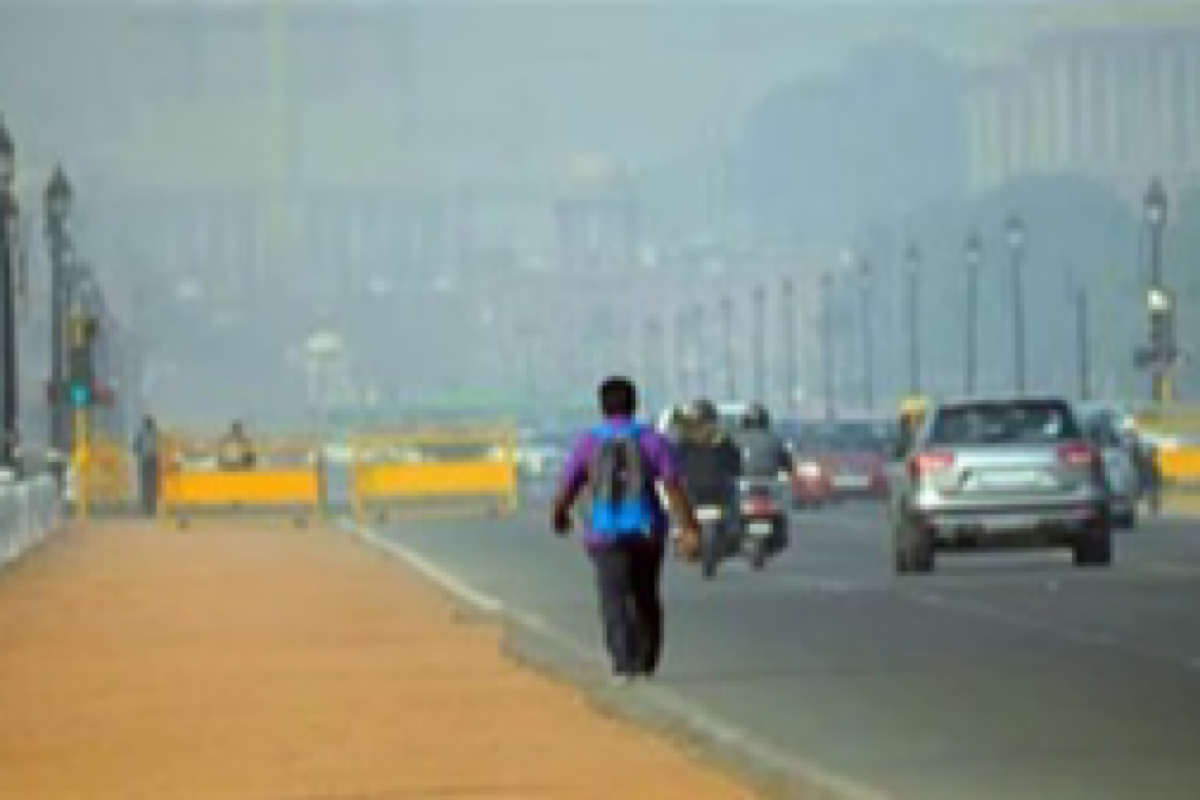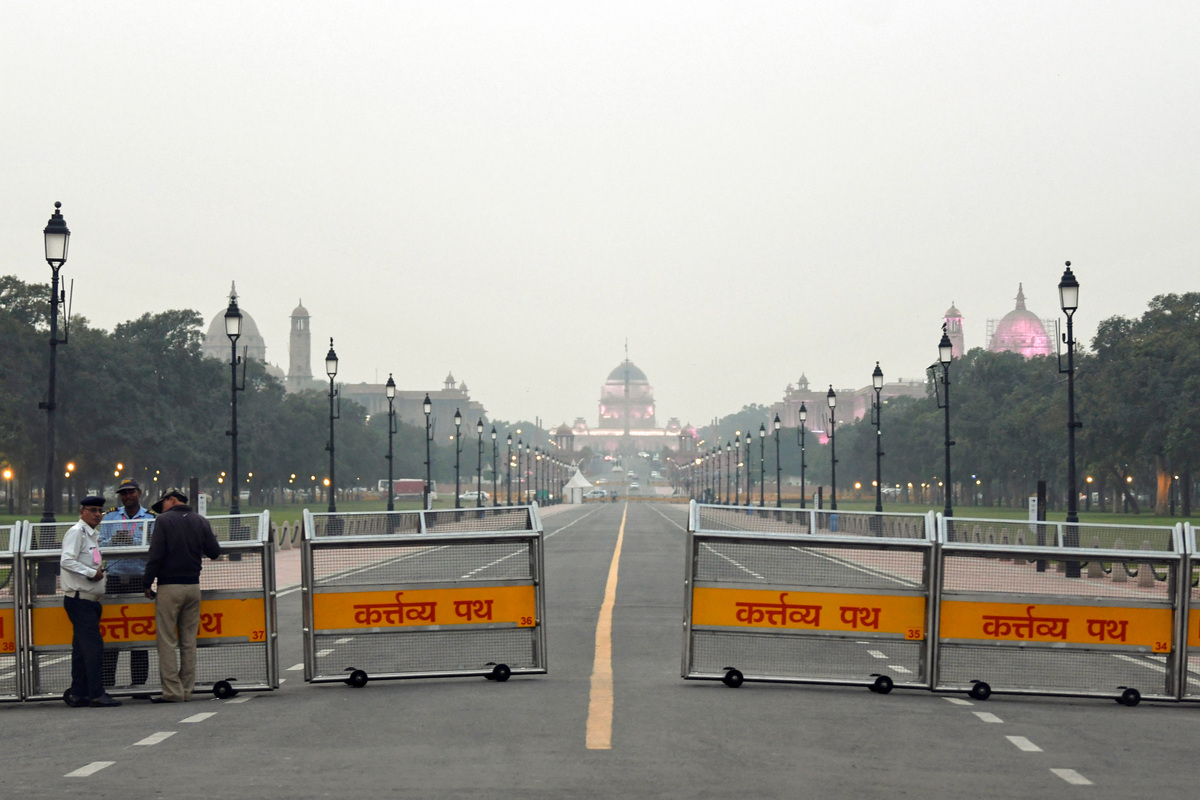Delhi: Sunny sky and soaring temperatures
Delhi woke up to a sunny Friday morning with clear skies and rising temperatures, reaching a high of 32.3°C, according to the India Meteorological Department (IMD).

Delhi woke up to a sunny Friday morning with clear skies and rising temperatures, reaching a high of 32.3°C, according to the India Meteorological Department (IMD).

IMD forecasts indicate that temperatures are set to rise further in the coming days, potentially reaching 40 degree Celsius in the upcoming week.

Delhi recorded its lowest Air Quality Index (AQI) of the year on Friday, with an average AQI of 121, according to the daily AQI Bulletin released by the Commission for Air Quality Management (CAQM).

Delhi is experiencing a rise in temperature, with the maximum temperature expected to reach 27.5°C and the minimum at 10.7°C. The sky will remain clear with no chances of drizzle.

Delhi was shrouded in dense fog as a cold wave gripped the city on Saturday morning. As the harsh winter continued many homeless people were seen staying at night shelters.
Delhi witnessed a slight improvement in its air quality on Saturday, with the average Air Quality Index (AQI) entering the 'moderate' category.
After remaining in the 'moderate' category for several days, Delhi's average Air Quality Index (AQI) dropped to the 'poor' category on Saturday, according to the Central Pollution Control Board's (CPCB) daily bulletin.
The national capital’s air quality remained in the “very poor” category for the seventh consecutive day on Sunday, with the Air Quality Index (AQI) recorded at 346, as per data from the Central Pollution Control Board (CPCB).
Minimizing the carbon emission level in the air is the crying need of the hour keeping in view the fact that the Air Quality Index (AQI) of some of cities of Odisha has also reached an alarming proportion
Residents of the national capital breathed in despair on Saturday, with the air quality plunging back to the 'severe' category as average Air Quality Index (AQI) pegged at 412.
